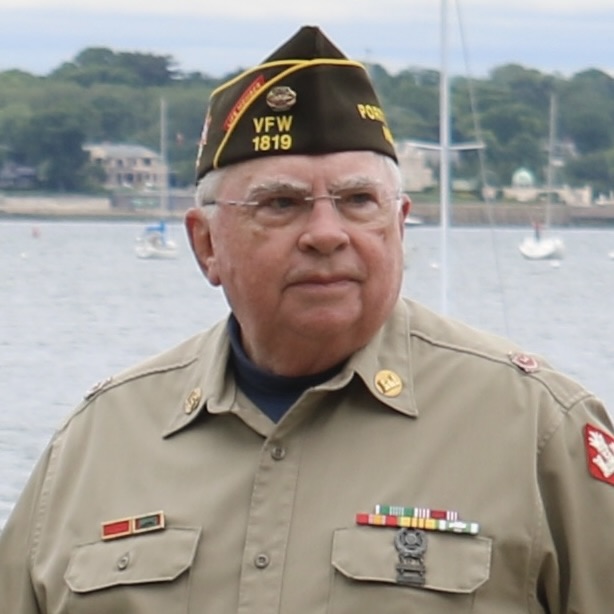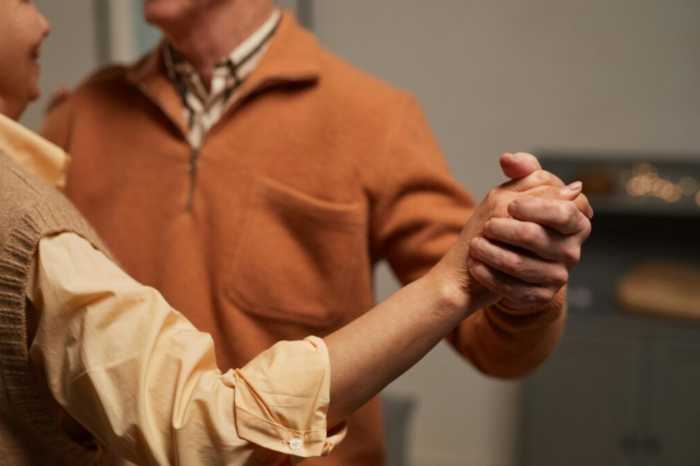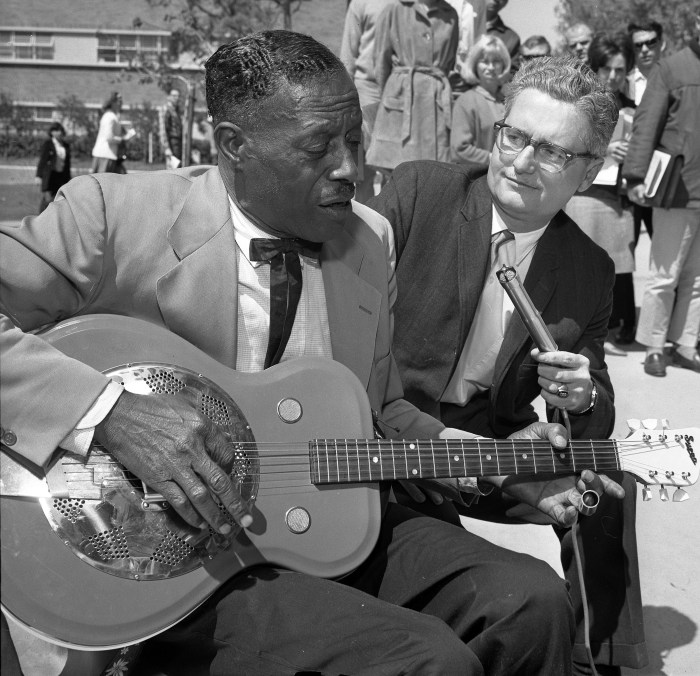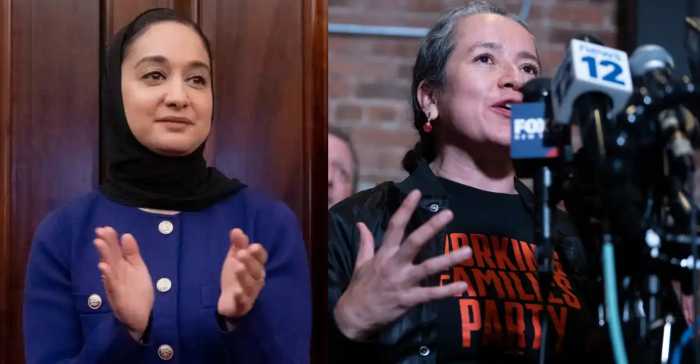Grace Marie Clarke was beautiful and highly intelligent. She graduated from Adelphi College when she was 20, two years younger than all the other girls. Yes, I mean girls. Believe it or not, Adelphi was an all-girls college at that time. Grace graduated cum laude, majoring in business administration.
I first met Grace while watching a band concert in front of Sewanhaka High School. After the concert, we went out for a snack at the long-gone Howard Johnson’s which stood where Jonathan’s is now on Jericho Turnpike. A couple of days later, I called Grace and asked her if she would like to go out with me. She said, “No, I just washed my hair.” I figured this was just a polite way of letting me down, but about 10 days later I worked up the courage to call her again, telling myself that if she said no this time, I would not try again. Luckily for me, she said yes, and we went on our first date to Roosevelt Raceway, where Grace seemed to have a wonderful time. When she got home though and told her father where I took her, he said, “Keep away from him; he’s a racetrack man.” After that though, Grace and I had regular dates almost every Saturday night and, in 1948, I married her, the most wonderful woman in the world.
Grace had worked at Sewanhaka High as the registrar and later became the private secretary to the principal. When she attended Adelphi, she worked in the library to help pay her tuition.
After we married, and having graduated with a degree in journalism and unable to find a job locally, I wrote letters to every daily paper in New York, New Jersey, and Pennsylvania seeking employment. After investigating possibilities in far-away places like Tamaqua, PA and Bayville, NJ, I settled on a job in Binghamton. Grace willingly left her mother and father, her friends, and all she loved to go off with me to Binghamton, carrying our first child Richard with her, who was six months old. We could not find housing that we could afford in Binghamton, but we heard of a little place in Vestal and moved there. The house was in an isolated area with nothing nearby except a graveyard, and our very unfriendly landlord lived in the adjoining house. Grace had a long, arduous few years there, but never complained.
After working for the Binghamton Press for three years, my boss shared with me his dream—and that was to own his own newspaper. In the meantime, my grandmother had died and left me $2,000. I too had that dream and so with that money, Grace and I decided that we would start our own paper and we visited practically every town on Long Island, searching for one that didn’t have a newspaper. That’s how we found Mineola and we took our $2,000 and launched the Mineola American. While today that amount of money would hardly even cover one day’s expenses, in 1952, it was a sum that made starting up a paper possible. Grace and I said after we published the first issue that we would pray that there would be a second, and after the second, we would pray there would be a third. And thus it went for the next 40 years. Running the paper was only possible because Grace offered to be its business manager, a promise that she half-jokingly would say she wished she had never made! She was, however, an outstanding business manager.
Grace was deeply involved in the Mineola community with a wide range of friends and people she wanted to help. She was always the first one to offer assistance to anyone in need. She was involved with Corpus Christi Church where she played a key part in the hospitality committee and never missed a meeting. She was also a longtime member of the Mineola Chamber of Commerce where she was responsible for name tags. The Chamber honored her for her 25 years of service. She also helped me run the village’s yearly Meet the Candidates Night, where she served as timekeeper. Whether it was work for the village, chamber, or church, this wonderful woman never failed.
I often said to her, “The best thing in the world that ever happened to me was the day I met you, Grace.” She will live in my heart forever.






























